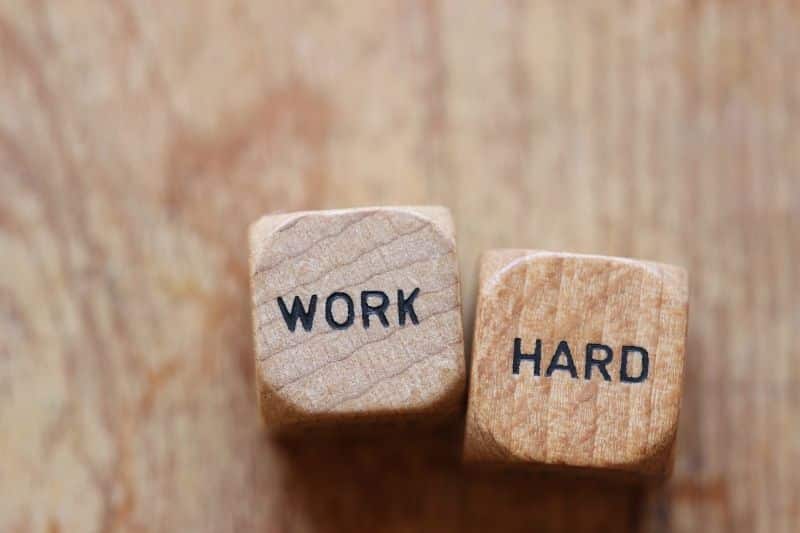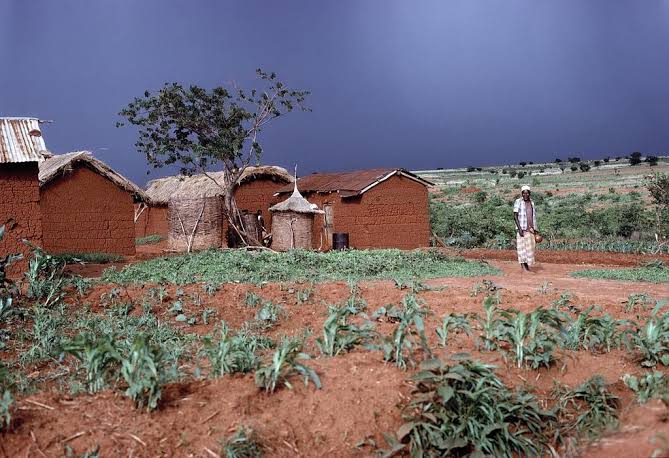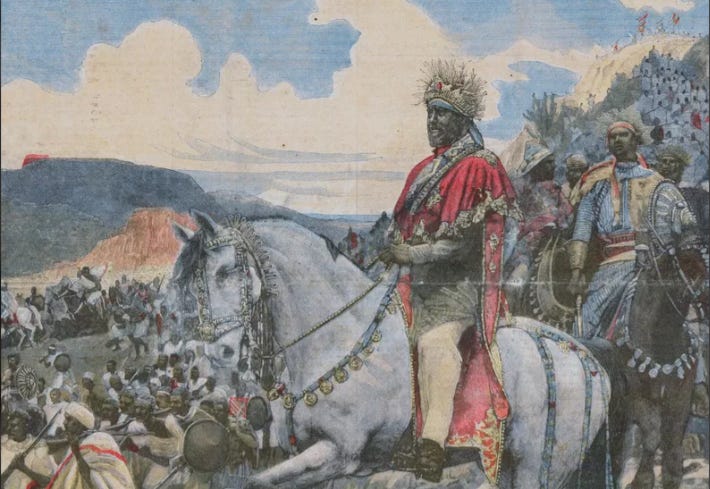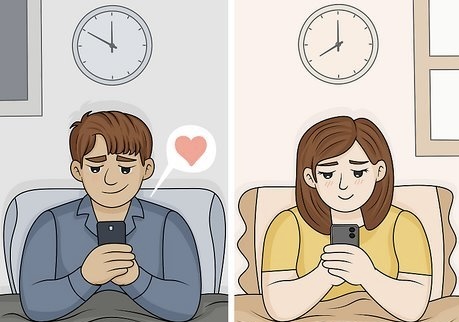Fake It Till You Burn Out: The Price of Performing Success on Social Media

In today’s digital world, success is no longer just about achievement, it’s about appearance. On platforms like Instagram, X (formerly Twitter), and TikTok, many young Africans are caught in the unspoken race to look successful before they actually are. The “fake it till you make it” mantra has become a cultural anthem but behind the filters, aesthetics, and soft-life posts, lies a quiet exhaustion that few want to admit.
The Rise of Performed Success
Social media has become a stage where everyone is an actor, brand, and audience at once. From Lagos to Nairobi, people curate lifestyles that scream progress; designer clothes, weekend getaways, motivational captions, and endless “gratitude” posts. Yet, according to The Conversation Africa, this visual performance of success has created a new form of social currency: appearance. The more polished your life looks online, the more influence you seem to command even if it’s far from reality.
For many, these online images are not reflections of success, but aspirations. People post expensive meals they can barely afford, rent luxury apartments just for photo shoots, or borrow outfits for aesthetics. It’s not about deception, it’s about survival in a digital economy that rewards visibility over authenticity.
The Hustle Behind the Highlight Reel

In Nigerian pop culture, the phrase “we outside” has become a declaration of relevance. But what’s often unseen is the hustle behind the highlight reel. Many content creators and young professionals push themselves into financial strain just to maintain the illusion of an enviable life. A 2023 report by BBC Africa revealed how the “soft life” trend luxury, travel, and aesthetics often pressures young Africans into lifestyles that are unsustainable.
This constant performance fuels a silent competition: who’s making more moves, who’s attending more events, who’s winning at life? But this digital comparison trap has real-world consequences. The more people fake success online, the harder they feel they must work to keep the illusion alive. Eventually, many burn out, not from overachievement but from overacting.
From Inspiration to Imitation
What started as motivation has turned into mimicry. The “influencer era” blurred the line between inspiration and imitation, especially in a continent where social validation still carries cultural weight. On Instagram, even micro-influencers with modest followings feel pressured to post aspirational content because “relatable” rarely trends.
In Nigeria, where unemployment and inflation rates remain high, the contrast between online glamour and offline struggle is sharp. Many scroll through timelines filled with luxury trips and brand deals while grappling with rising rent or transportation costs. This dissonance between reality and representation has become one of the quietest crises of digital culture in Africa.
The New Economy of Image
Social media has made image an economic asset. Brands no longer chase credibility alone, they chase visibility. The more “put together” you look, the more likely you are to attract opportunities, partnerships, or followers. It’s why many Nigerians invest heavily in aesthetics, ring lights, backdrops, and branded photoshoots even when their real income can’t sustain it.
But the cost of this illusion is steep. Those who chase the image often lose the essence. Many creatives abandon originality to fit trends, and professionals feel unseen unless their work is glamorized online. As Quartz Africa noted, the rise of digital validation has created a generation more concerned with optics than outcomes.
When the Soft Life Turns Hard
The irony of the “soft life” movement is that it’s anything but soft. To maintain the illusion of ease, many Africans hustle harder than ever. The pressure to post “wins” becomes constant because silence online can be mistaken for failure. This is especially true in urban hubs like Lagos, Accra, and Johannesburg, where your digital presence can define your professional worth.
As more people chase the performance of success, they often forget its purpose. A lifestyle that was meant to inspire has now become a burden to maintain. Behind the perfect captions and luxury aesthetics are real people juggling unpaid bills, personal frustrations, and quiet anxiety about being found out.
The truth is, the so-called “soft life” often hides a cycle of quiet pressure. Once you’ve set a standard online, the expectation to sustain it never ends. Every post becomes a performance; every silence, a question mark. For many young Africans, especially in creative and entrepreneurial circles, this chase for constant visibility can trap them in a loop of comparison and self-doubt. The soft life, once seen as freedom from struggle, now mirrors the same hustle culture it tried to escape, just dressed in finer clothes and better lighting.
A Culture Addicted to Applause
Africa’s digital generation now faces a cultural paradox, we crave authenticity, yet reward pretense. Online, we champion self-love and “realness,” but the posts that go viral are the ones that look perfect. The applause has become addictive. Every like, comment, and share feels like validation, reinforcing the cycle of performance.
The digital economy has turned attention into currency.Forbes Africa reports that influencer marketing across Africa is now worth millions, meaning people are literally getting paid for attention. The downside? Attention doesn’t always equal achievement and when applause becomes the goal, authenticity often becomes the casualty.
What It Means to “Make It”

It’s time to redefine what it truly means to “make it.” The real success story isn’t in viral reels or luxury trips, it’s in quiet consistency, in integrity, in doing meaningful work that lasts beyond algorithms. The African youth must reclaim the right to grow without performing.
True success in this digital era should no longer be measured by followers or flashy displays, but by impact and authenticity. Across Nigeria and beyond, a quiet shift is happening, creators and entrepreneurs who once chased perfection are now embracing transparency. They share their journeys, not just their highlights, proving that progress can be messy and still meaningful. Platforms like LinkedIn and Techpoint Africa are showcasing a new kind of narrative, one built on honesty, growth, and long-term value rather than viral moments. This redefinition signals a powerful truth: Africa’s next wave of success stories will be defined by purpose, not performance.
Authenticity may not always trend, but it lasts. The future belongs to those who create value, not just visibility. Social media can amplify your story, but it should never rewrite it.
Recommended Articles
How One Scottish Woman Ended a Deadly Tradition in Calabar

When the people of Calabar saw twins as a curse, one woman saw them as a miracle, Her story still echoes through Calabar...
Solo Living: Why More Young People are Choosing Independence Over Marriage

Meta Description (155–160 characters) Young Africans are redefining love and family. Rising divorces, broken homes, and...
The Church, the Shrine, and the Hospital: Where Do Africans Really Go for Healing?

In Africa, faith and medicine collide as millions seek healing from churches, shrines, and hospitals. Can spirituality a...
The Myth of Hard Work: Do You Really Need to Suffer to Succeed?

Do you really need to struggle to succeed? read about the myth of hustle culture, revealing why hard work alone isn’t en...
The Village That Owns No Land: How Communal Ownership Shapes Life in Rural Africa

Explore the roots, benefits, and challenges of Africa’s communal land ownership system, from Maasai grazing traditions t...
You may also like...
The 1896 Adwa War: How Ethiopia Defied Colonialism

Ethiopia with the exception of Liberia which was used as a settler place for freed slaves remains the only African Count...
Why We Need Sleep: Inside the Brain’s Night Shift

Even when you’re asleep, your brain is quietly up to something, sorting, cleaning, and working behind the scenes.
When Nollywood Meets Netflix: The Creative Tug Between Local Storytelling and Global Algorithms

Nollywood’s partnership with Netflix is rewriting the script for African cinema, offering global reach but raising quest...
Mozambique's LNG Megaproject: A Promise or Peril?

TotalEnergies is leading a consortium in Mozambique as it promises potential restructuring of the nation's energy se...
Aliko Dangote, Africa’s Wealth King: First African-Born Billionaire to Cross $30B

Aliko Dangote, the richest Black man in the world, has reached a new milestone, with a net worth of $30.3 billion, accor...
WAEC Conducts Trial Essay Test Ahead of Full Computer-Based WASSCE in 2026

The trial Computer-Based Test (CBT) for the WAEC essay was held on Thursday, October 23, 2025. The exercise was conducte...
Can Long- Distance Love really work?

Can love really survive when touch becomes a memory and connection lives behind a screen? For many, distance isn’t the ...
Nigeria’s Rental Crisis: House of Representatives Moves to Cap Rent Hikes at 20%

Nigeria's rental market has been under intense pressure, and now lawmakers are stepping in. The House of Rep. has called...